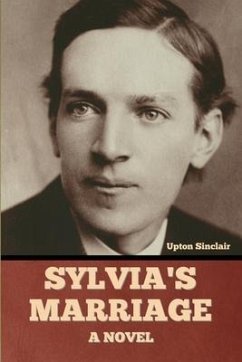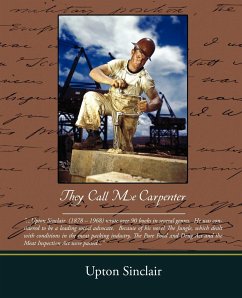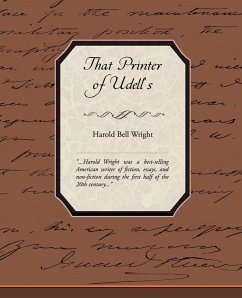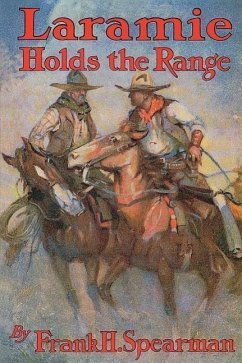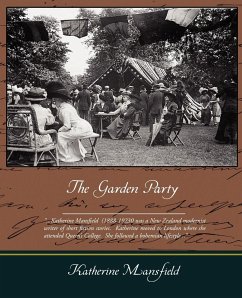
Sylvia's Marriage
Versandkostenfrei!
Versandfertig in 1-2 Wochen
21,99 €
inkl. MwSt.
Weitere Ausgaben:

PAYBACK Punkte
11 °P sammeln!
Upton Sinclair (1878 - 1968) wrote over 90 books in several genres. He was considered to be a leading social advocate. Because of his novel The Jungle, which dealt with conditions in the meat packing industry, The Pure Food and Drug Act and the Meat Inspection Act were passed. Upton Sinclair has once again taken on an American cause. Sylvia's Marriage was published in 1914. Sinclair uses this novel as a platform for his strong feelings about marriage. He illustrates the dangers that society adds to a marriage of unsound men with unsuspecting women.






